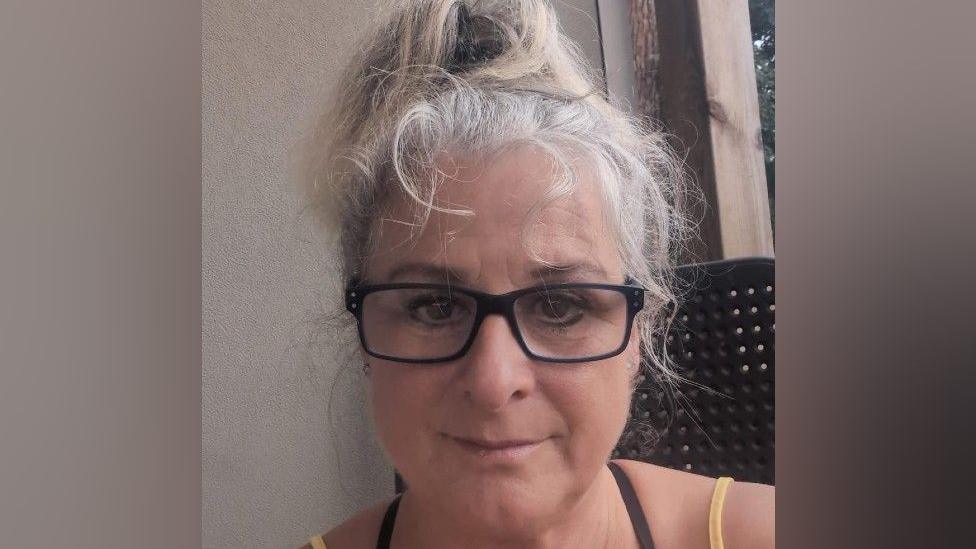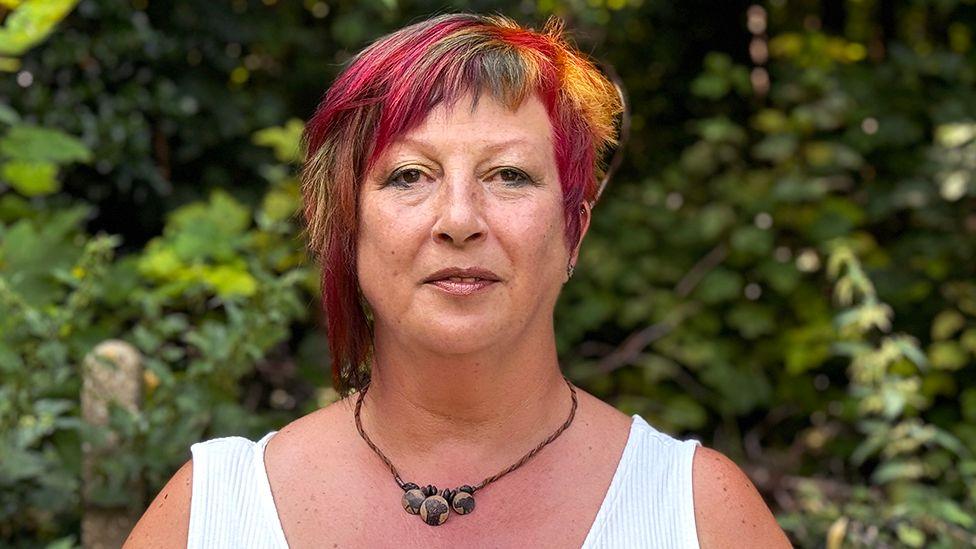Pandemic was mentally exhausting, says nurse

Shani Stocker worked in Worcestershire during the pandemic
- Published
An infectious diseases nurse who moved into a caravan outside her home during the height of the coronavirus pandemic has described that time as mentally exhausting and scary.
In 2020, Shani Stocker worked in Worcestershire, and moved onto her driveway to protect her son, who has an autoimmune condition.
On Monday, the public inquiry into the pandemic will begin 10 weeks of hearings, looking at the impact on patients, healthcare workers and the wider NHS.
"I was really scared of what I might be bringing home," Ms Stocker said.
"That [decision] doesn’t leave me, because that itself was really, really difficult."
She said her choice to move into the caravan was one made out of fear.
"I just felt more comfortable being there than I was going into my home around the children, especially my son."
"It was cold, I just remember it being very cold."
Pandemic was 'surreal'
The third stage of the inquiry will also examine the impact on NHS staff, the use of masks and PPE in hospitals, the policy of shielding the most vulnerable and the treatment of long Covid.
For the first time, the stories of more than 30,000 healthcare staff, patients and relatives will form part of the material entered into evidence.
Looking back, Ms Stocker described the pandemic as "surreal."
"It was really, really exhausting. It was very intense, very emotional, very, very challenging.
"You're supporting not just your peers, but the families as well that couldn’t come in."
When asked how she would describe the time to those behind the inquiry, she said: "Fear, tired, emotional, uncertainty, and a sense of duty."
Get in touch
Tell us which stories we should cover in Hereford & Worcester
Follow BBC Hereford & Worcester on BBC Sounds, Facebook, external, X, external and Instagram, external.
Related topics
- Published9 September 2024

- Published22 April 2020
